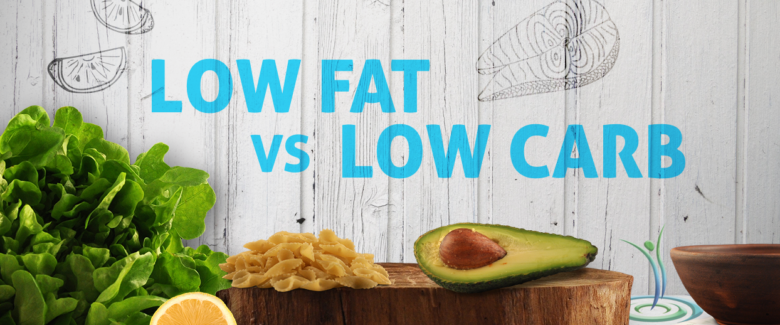“I can’t seem to lose weight. I don’t know what diet to go on. Should I go low fat or low carb?” she asked.
When a patient presents this question I know that there is an interesting and soul searching journey ahead of us. We are bombarded by foods that look good and taste good. Some are healthy and some are not. There is so much to balancing weight that when I embark on this journey with a patient we know we are both in for some personal growth.
Do What Works
The first thing I ask patients to share with me is what did they do that worked in the past? I also ask if they tried that method again, to what extent and for how long? Often times we will get great results with a program and then when we try it again we aren’t as diligent as we were when we started the first time or we don’t give it as much time as we may have in the past. It’s important to review this because if it was a method that is healthy and sustainable we want to try that again and work through the hiccups that were encountered for better or longer results this time around.
When You Need A New Plan
When faced with pesticides, herbicides, GMO’s, nutrient-depleted soil, a slow metabolism, thyroid issues, hormonal imbalances and more, a balanced way of eating isn’t always going to help you achieve your goals. Knowing how your system works is the first step and having access to clean healthy food is another. Even the word “healthy” is relative. Pineapple is healthy for one person, providing vitamins, minerals, and enzymes, but not for someone who is diabetic or has a food sensitivity to pineapple.
- I take a detailed health history where we talk about everything food-related down to your emotions around eating.
- I perform investigative labs that will show lipid particle breakdown, how you absorb or produce fats, if you are hypo or hyperglycemic, if you have any iron deficiencies or thyroid imbalances.
- I spend time, once I get your labs back, to put together a plan that makes the most sense based on how your body is actually functioning.
- We sit down and go over your test results and the plan I suggest. You ask as many questions as you need to to be crystal clear on being able to succeed.
- Along the way, I give you tips and tricks to make your journey more successful.
When to Go Low Fat
If I see that you are overproducing or over absorbing fats on your lab tests and that your blood sugar is balanced, I will typically start with a lower-fat diet in order to give your body time, with the help of some supplements, to help correct the overproduction or over absorption. Then I will slowly have you add in healthy fats like avocado, nuts, seeds and olive oil.
When to Go Low Carb
If I see any indication of a blood sugar imbalance I will recommend a low carbohydrate way of eating. Indicators such as:
- Tired after a meal
- Light-headed or cranky when hungry
- Craving sweets after a meal
- High fasting blood glucose
- High HbA1c on the blood test
- High fasting blood Insulin
- High HOMA-IR on the blood test
- Brain fog
- Abdominal fat
- Insomnia
Finding the balance is important. There are many places you can spend your money when it comes to weight loss. Get the guidance you need to get the best results. Come in for an appointment and I will help you brainstorm the plan that will work for you long term.
Dr. Stacey


